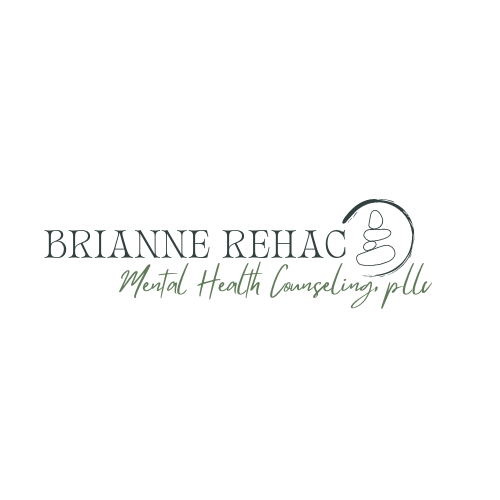They say the first step is the hardest, but the hardest part is really just getting out the door.
Can you have everything and still feel like something is missing?
You were the honor student. You went to college, got the coveted internship, and landed a great job. Things were going great and you felt more motivated with each promotion, but after a while, it all started to look less shiny. Some people call it being jaded, others say it’s burnout. The newspapers call it “quiet quitting.” Whatever it is, you are questioning if all the long hours and extra projects have been worth it. You’ve worked hard to get where you are today, and now you don’t have any time to enjoy it.
So, you daydream about running away to the mountains.
Before you quit your job and buy a van, let’s talk. That urge to escape is telling you something, so let’s explore what it means. After all, you do have things in your life that you are proud of and you love very much. Most of my clients come to me when they feel like they are about to walk out of the office and never turn back. Things have to change, and they want it to be on their own terms. Together we challenge some of the rules you’ve written for yourself. We will find ways to bring work, family, friends, and fun back in balance.
Therapy may be for you if:
You drag your feet getting out the door on Monday mornings.
You have a hard time falling asleep.
You fear your co-workers will find out that you have no idea what you are doing.
Your partner has noticed that you’re often distracted or irritable.
You want to make a change, but you don’t know what that would look like or if it’s worth the risk.
I love helping my clients figure out how to say “yes” to the things that excite them and “no” to the things that don’t.
What to expect from therapy with me
Just to get a few myths out of the way, therapy is not:
Giving advice. I’m not here to tell you what to do, I’m here to help you figure out what you want to do.
Cheerleading. I’ll share in your wins, but expect me to call you out on the things that are keeping you stuck. If you want change to happen, you have to make changes in yourself.
Crunchy granola, hokey stuff. I use therapy practices that have been tested by research to be effective. I explain what I believe can help you achieve your therapy goals and we’ll discuss together the benefits and risks. I’m happy to share resources so that you can decide for yourself what will work for you.
Magic. Therapy is WORK! You don’t get stronger just by walking into the gym. You don’t feel better just by sitting in a therapy office.
Reach out for a 15-minute phone call to connect and see if therapy feels like the right next step. If it is, we will schedule your first 55-minute session to talk a bit more about what is working and what is not working for you. Together we will set some goals and make a plan for how to achieve them. Most clients start to see changes in as few as 8-12 weeks. Some of the work takes longer than that. You spent a lifetime doing things the same way; it will take some time to unlearn those habits. Throughout the process, I’ll check in with you on the progress you are making on your goals and we’ll adjust accordingly. Clients move on from therapy when they feel like they have achieved what they came in to accomplish and have a plan for how to maintain those changes.
What we process in therapy is confidential. It can feel uncomfortable to walk into the office for the first time. Know that what, when, and how we talk about things is 100% up to you. I’ll guide you through the process especially early on. As we get to know each other better, you’ll find it easier to know what you need to explore in session.
Questions
-
I am in network with Independent Health. I also accept private pay and can help you apply for reimbursement from your insurance out-of-network benefits. Additionally, I work with Lyra Health and Spring Health employee assistance plans.
Some Highmark plans are contracted with Spring Health. If you want to know if your plan collaborates with Spring Health, call your insurance plan or visit https://highmarkblueshield.springhealth.com/
-
Clients usually begin with weekly appointments to learn the new skills and tools needed to break old habits. As you get more comfortable with those skills, we may meet less frequently, giving you more time to practice between sessions.
-
Telehealth appointments are a great option for people who need more scheduling flexibility or who live outside of the WNY area. If you have access to a private, comfortable space and a strong internet connection, I am happy to provide virtual visits.
-
State laws require clients to be present in the state in which the therapist is licensed at the time of the session. I am currently only able to see clients located in New York.
Other Services
MBCT
Mindfulness-Based Cognitive Therapy is a research-supported 8-week skills group for those dealing with chronic unhappiness, worry, and stress.
Workshops
I am available to create custom curriculums for your organization. Past workshops include Mindful Moments, Marathon Mindset, and Trauma-Informed Leadership for Human Resources Professionals.
Contact me for more information.
Workplace Support
In services — common topics include burnout, stress, mental wellness, leadership
Wellness Fairs
Support after a difficult event — such as a community tragedy, workplace accident, or company re-organization






